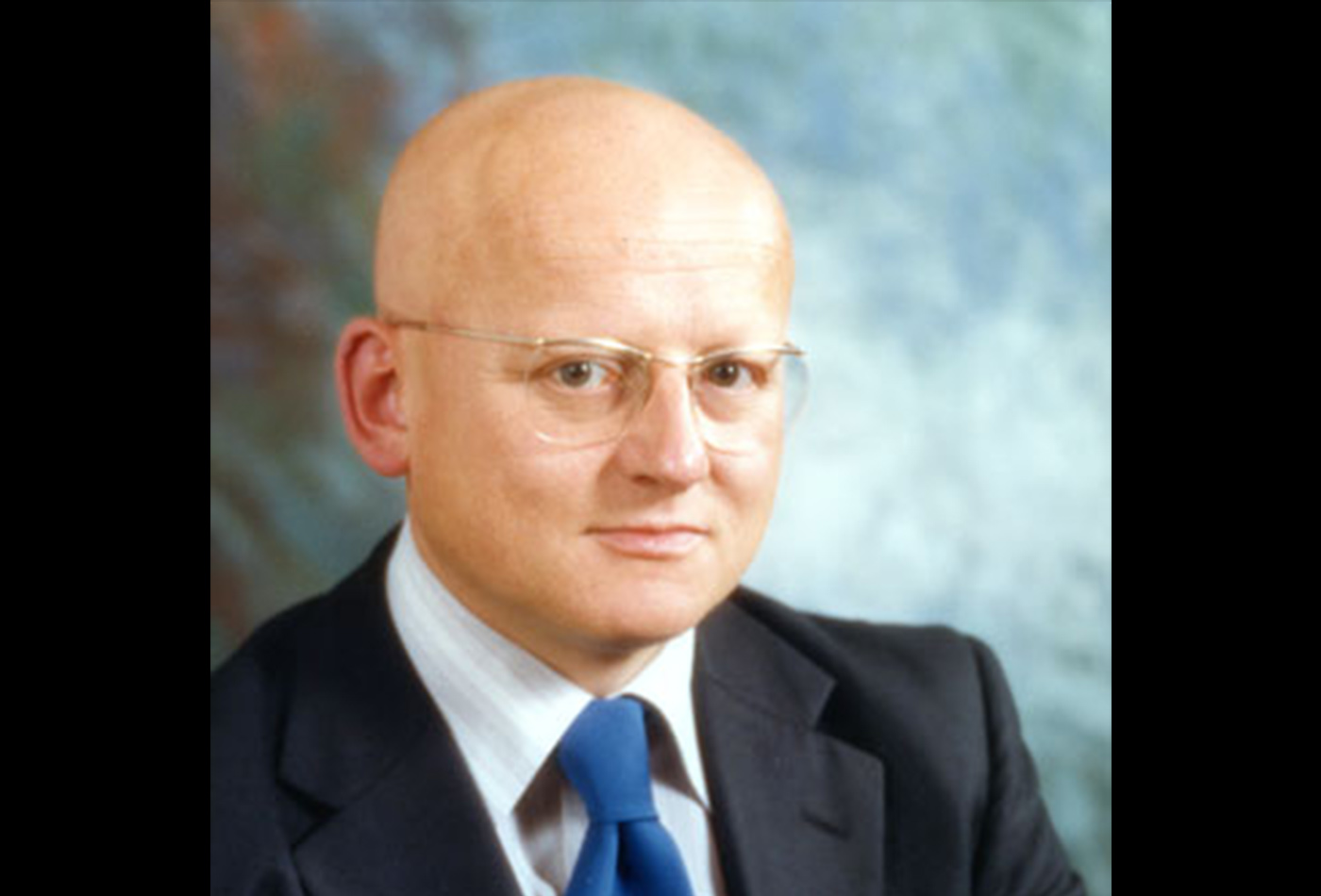Professor Sir Jack E. Baldwin, hero of Organic Chemistry, passes away
Baldwin published his most significant work, Baldwin's rules for ring closure reactions, while a member of the MIT Chemistry faculty.
Professor Sir Jack E. Baldwin, Waynflete Professor of Chemistry at the University of Oxford, hero of Organic Chemistry, and a member of the MIT Department of Chemistry from 1970 – 1978, passed away on January 4, 2020.
Sir Jack E. Baldwin FRS (August 8, 1938- January 4, 2020)
Born in London, Baldwin conducted his undergraduate and graduate studies at Imperial College with Nobel Laureate Sir Derek Barton (who described him as his best student), and received his PhD in 1964. In 1965, he was appointed assistant lecturer at Imperial College. In 1967, he moved to the United States to join the faculty at Pennsylvania State University as an Assistant Professor, and in 1969, went on to join the MIT Department of Chemistry faculty.
During his time at MIT, Baldwin met his beloved wife, Christine, and published his most significant work: Baldwin’s rules for ring closure reactions, which famously defined widely used rules for ring closure reactions, providing the first chemical insight into how penicillins are made, inventing reactions, biomimetic studies, and many beautiful total syntheses, as described in more than 700 papers. His research focused on topics including the mechanism of reactions and fundamental concepts in organic chemistry, total synthesis of natural products, biosynthetic hypothesis, biomimetic synthesis of natural products, and isopenicillin N-synthase crystal structure.
In 1978, Baldwin returned to the United Kingdom, and was appointed Waynflete Professor of Chemistry at the University of Oxford, a position he held until retirement in 2005, and Head of the Dyson Perrins Laboratory. As Head of the Dyson Perrins Laboratory, he upgraded its facilities and revolutionized the type of work conducted there, building links between Organic Chemistry and basic biological research. Baldwin’s passion for mechanistic aspects of Organic Chemistry was communicated to generations of young coworkers, who have gone on to successful careers in academia and industry across the globe.
Baldwin was elected a Fellow of the Royal Society in 1978 and knighted for his contributions to the field of organic chemistry in 1997. Among his other prestigious accolades are the Davy Medal (1993), the Paul Karrer Gold Medal of the University of Zurich (1985), the Leverhulme Medal of the Royal Society (1999), the Nakanishi Prize (2002), and the Paracelsus Prize (2006).
As in work, he lived retirement with Christine to the full, in particular enjoying extensive scientific reading, good food, fine wine, fast cars, and his Labrador dogs.
Adapted from an obituary by the University of Oxford’s Department of Chemistry.





